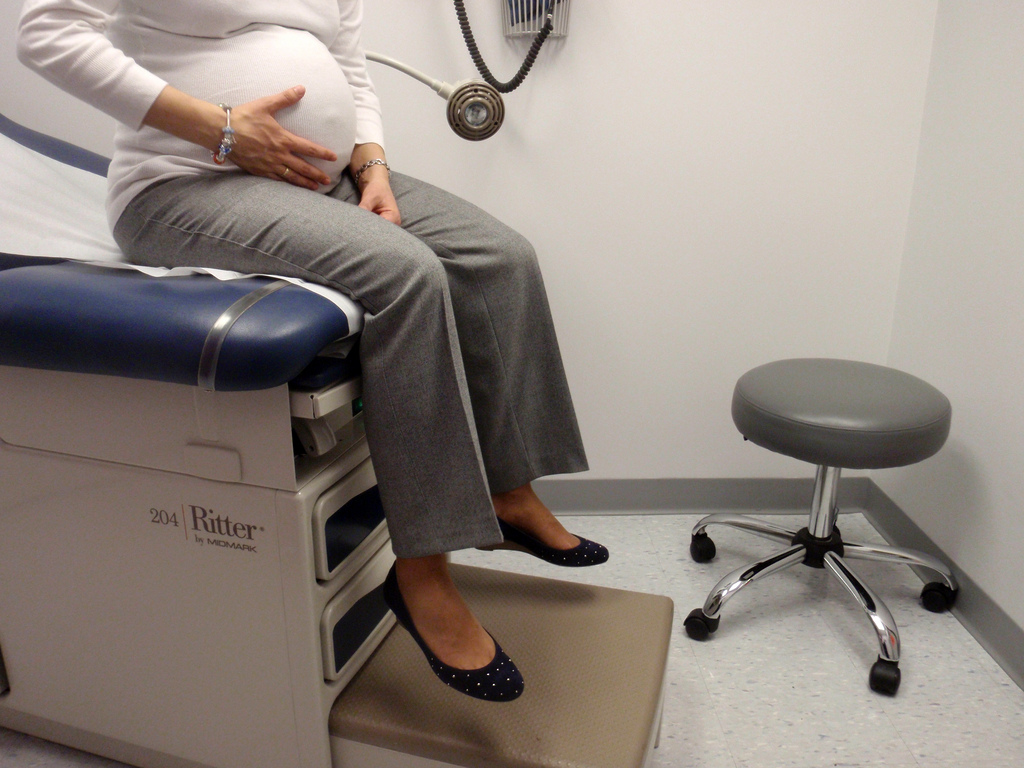New and Expectant Mothers: Do you and your employees know their rights and responsibilities?
Legal obligations regarding new and expectant mothers are set out in the following legislation; the Management of Health and Safety at Work Regulations 1999, the Workplace (Health, Safety and Welfare) Regulations 1992 and the Equality Act 2010. This legislation requires employers to protect the Health and Safety of new and expectant mothers including the provision of facilities suitable for rest, feeding and to ensure that any pregnant employee or new mother is not discriminated against.
A new or expectant mother is a woman who is pregnant, has given birth (including after 24 weeks of pregnancy, to a stillborn child) within the last six months or who is breast feeding.
Employees do not legally have to inform their employer of their pregnancy until 15 weeks before the due date. However, for protection under the appropriate legislation to be put into action, the sooner an employer is aware of any pregnancy, the sooner adaptations can be made. The onus is on the employee to notify their employer of any special requirements or changes to their working hours based on medical advice.

As employers, are you aware of the risks and workplace adaptations you face when staff are pregnant?
A new workplace risk assessment must be conducted and any existing records updated. Specific risks that need to be addressed include physical risks, such as, manual handling, noise, shocks and vibrations, chemical agents such as toxins, pesticides, lead and carbon monoxide. Working conditions should be considered, including the provision of restrooms, working hours, passive smoking risks, temperature control, travelling hours and nutritional requirements.
Any risks identified must be included and managed as part of the general workplace risk assessment, sensible action must taken to reduce or remove them.
As new mothers, employees have rights related to paid time off for antenatal care, maternity leave (at least 2 weeks or 4 weeks for factory workers), maternity pay or allowance and protection against unfair treatment.
As employers it is crucial you are aware of your legal requirements. Despite clear regulations, recent reports show that pregnancy discrimination is on the rise. Information from the Department of Business, Innovation and Skills published in March 2016, reveals that 11% of the mothers surveyed reported that they were either dismissed or unfairly treated due to their status. The Citizen’s Advice Bureau has mirrored this concern with an increase of 25% of people seeking advice on pregnancy and maternity discrimination from May 2015 to May 2016.
Making sure you and your employees are aware of legal requirements surrounding maternity and parenting rights is fundamental. Training can help. VinciWorks offers a fully customisable, New and Expectant Mothers eLearning course, providing everything you and your employees need from advising employees about their entitlements and managing their own Health and Safety.
Looking for in-depth and engaging health and safety training? Explore our comprehensive eLearning library and try any of our courses for free.








